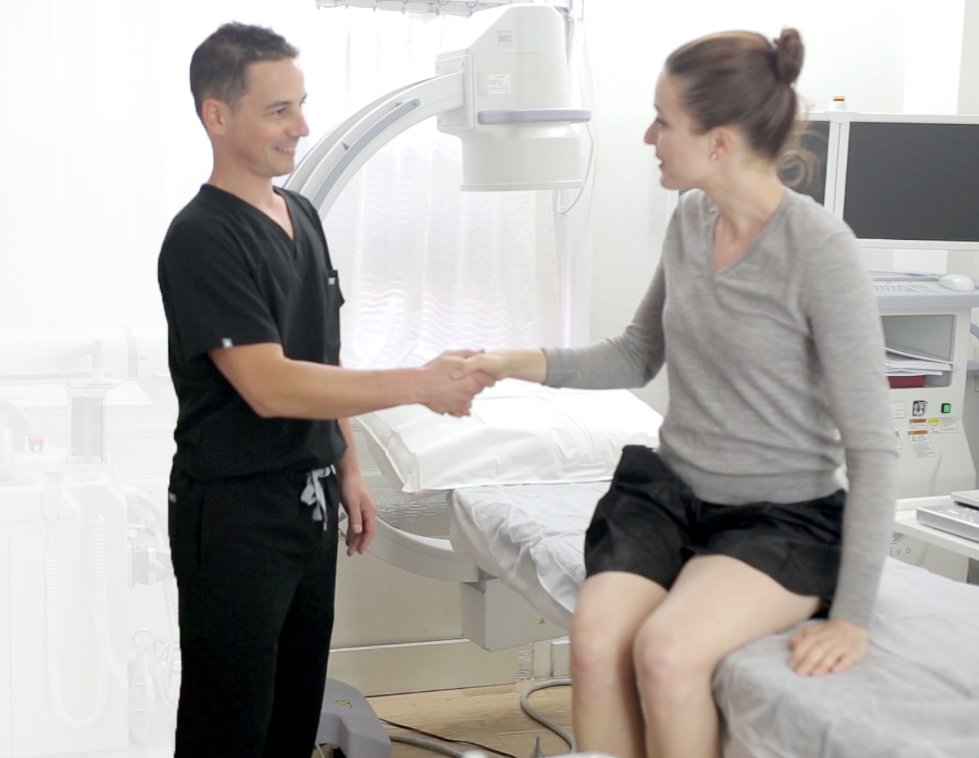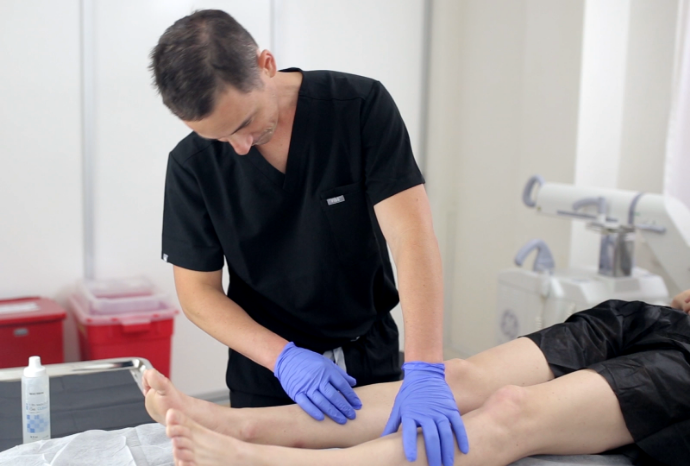What Kind of Specialist Treats Varicose Veins?
Varicose veins can cause more than just cosmetic concerns. These twisted, bulging veins often indicate underlying issues with blood flow, and in some cases, they may lead to discomfort, swelling, or even more serious vascular problems. So, what kind of specialist treats varicose veins ? The answer is clear: a vein treatment specialist. These medical professionals have the experience and training necessary to diagnose, manage, and treat venous disorders effectively.
Let’s dive into who these specialists are, what they do, and how they can help you achieve healthier veins and improved quality of life.
Who Is a Vein Treatment Specialist?
A vein treatment specialist is a physician who focuses specifically on the diagnosis and treatment of vein-related conditions, including varicose veins, spider veins, deep vein thrombosis, and chronic venous insufficiency. These specialists often come from a background in vascular surgery, interventional radiology, or phlebology (the study of vein diseases).
Unlike general practitioners, vein specialists use advanced diagnostic tools like ultrasound and venography to assess blood flow and vein function. They are trained in minimally invasive procedures that offer effective results with less downtime, such as sclerotherapy, endovenous laser treatment (EVLT), and radiofrequency ablation.

Why See a Vein Treatment Specialist?
Many people ignore varicose veins because they seem like a minor issue. However, these bulging veins can be more than just a cosmetic nuisance. Over time, they may cause leg pain, swelling, heaviness, itching, and skin changes. A vein treatment specialist can help you understand the root cause of the problem and develop a treatment plan tailored to your condition.
Benefits of seeing a vein specialist include:
- Accurate Diagnosis: Specialists use high-resolution imaging and vein mapping to pinpoint the exact source of vein dysfunction.
- Minimally Invasive Options: Treatments like laser ablation and sclerotherapy are performed in-office with little or no anesthesia and minimal recovery time.
- Long-Term Relief: Rather than just treating the surface symptoms, a vein treatment specialist addresses the underlying cause of varicose veins to prevent recurrence.
- Customized Care: Every patient receives a treatment plan based on their individual health history, vein condition, and lifestyle needs.
Types of Specialists Who Can Be Vein Treatment Experts
While "vein treatment specialist" is a general term, several types of medical professionals may qualify, depending on their training and experience:
Vascular Surgeons
Vascular surgeons specialize in treating blood vessel disorders, including both arteries and veins. They are highly trained in surgical and nonsurgical vein procedures and are equipped to handle advanced or complex vein issues.
Interventional Radiologists
These physicians use imaging guidance to perform minimally invasive procedures. They often perform treatments like EVLT or foam sclerotherapy to close off faulty veins with precision.
Phlebologists
A phlebologist focuses exclusively on vein care. Although not a board-certified specialty, many phlebologists are experienced in the latest non-surgical techniques and provide dedicated care for patients with vein disease.
Regardless of the title, the most important factor is experience. A qualified vein treatment specialist will have a proven track record of diagnosing and treating venous conditions safely and effectively.

What to Expect During Your Visit
When you visit a vein treatment specialist, the process typically begins with a detailed consultation. The doctor will review your medical history, examine your legs, and may order an ultrasound to assess the structure and function of your veins.
Based on this evaluation, the specialist will discuss treatment options. Common treatments include:
- Sclerotherapy: Injection of a solution to collapse the vein.
- Endovenous Laser Therapy (EVLT): A laser fiber is used to seal the vein from within.
- Radiofrequency Ablation (RFA): Heat is used to close off problematic veins.
- Microphlebectomy: Small incisions are made to remove larger varicose veins.
Each of these procedures is designed to improve blood flow, relieve symptoms, and reduce the appearance of varicose veins with minimal downtime.
How to Choose the Right Vein Treatment Specialist
Choosing the right vein treatment specialist is key to achieving successful results. Look for a provider who:
- Specializes in vein care or has extensive vascular experience.
- Uses advanced, minimally invasive technologies.
- Offers comprehensive diagnosis and treatment in-office.
- Has positive patient reviews and a history of successful outcomes.
You should also feel comfortable with your specialist. Communication is important—your doctor should answer all your questions and explain your options clearly.
Conclusion:
If you're dealing with varicose veins, don't wait until symptoms get worse. A vein treatment specialist can help you take control of your vein health using the latest tools and techniques. Whether you're seeking relief from pain or want to improve your leg appearance, these professionals offer safe, effective treatments that fit your needs.
Comments
Post a Comment